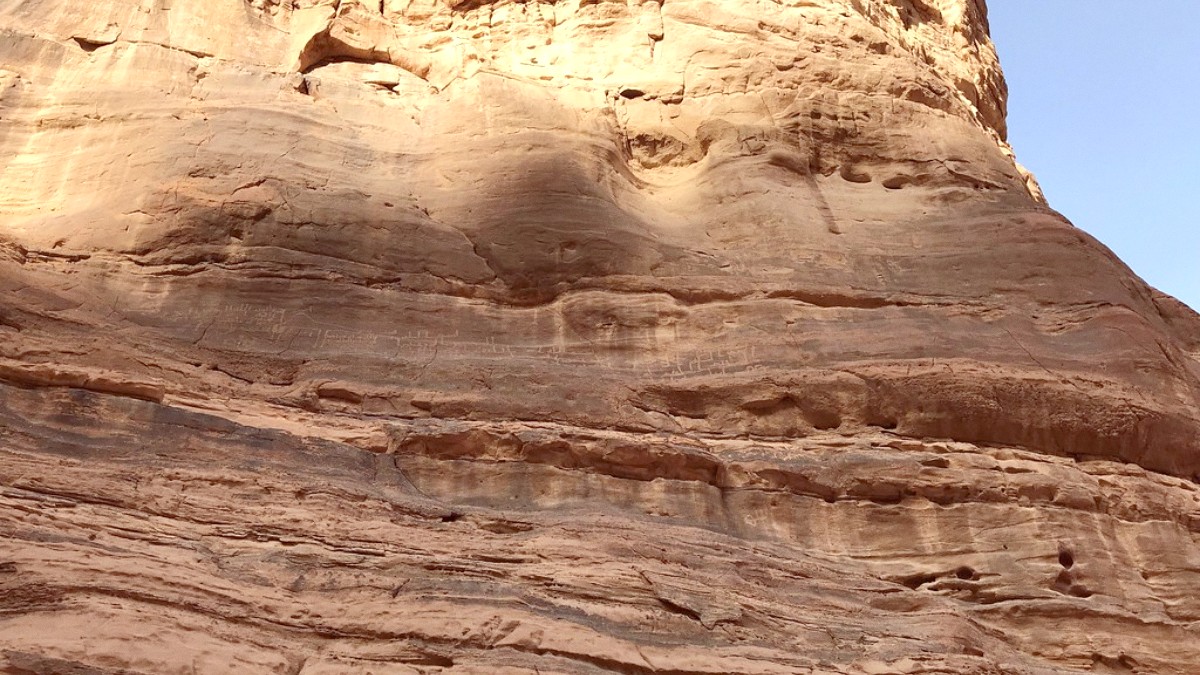
Petra And The South, Jordan
The official currency of Jordan is the Jordanian Dinar (JOD), symbol JD. As of late 2023, approximate exchange rates were: 1 JOD ≈ 1.41 USD / 1.18 EUR / 1.02 GBP. Rates fluctuate, so check current rates before your trip.
ATMs are in major cities like Aqaba and Amman. No ATMs exist in Wadi Rum Village or within the protected area. Travelers should withdraw enough cash (JOD) before arriving in Wadi Rum. Credit cards are accepted at some higher-end camps, but not universally for jeep tours, camel rides, or smaller Bedouin purchases.
These estimated daily costs per person are a general guide. Prices vary based on season and choices.
Budget Traveler (30-60 JOD / 42-85 USD): Basic Bedouin camp (15-30 JOD), public transport/shared taxi, camp meals, basic shared jeep tours.
Mid-Range Traveler (60-120 JOD / 85-170 USD): Mid-range camp (30-60 JOD), pre-booked transfers, dedicated half/full-day jeep tour, camel ride.
Luxury Traveler (120+ JOD / 170+ USD): Luxury dome camp (60-200+ JOD), private transfers, full-day private jeep tour, hot air balloon ride (170-200 JOD).
Per person, including dinner/breakfast
15-30 JOD (shared bathroom)
60-200+ JOD
From Wadi Rum Visitor Center, per vehicle
30-50 JOD
70-100 JOD
costs
15-25 JOD per hour
30-40 JOD (taxi)
Tipping is common in Jordan and appreciated for good service. For jeep tour guides, a tip of 5-10 JOD per person for a half or full-day tour is customary. Alternatively, 10-20% of the tour cost, based on satisfaction. For camp staff, a communal tip box is often available. A tip of 5-10 JOD per night for the staff is a good guideline. For camel guides, a tip of 5-10 JOD for a short ride is customary.
The Jordan Pass is for saving money on visa fees and entry to Wadi Rum and Petra. Purchase it online before arrival. Join other travelers for jeep tours to split vehicle costs. Many camps group solo travelers or smaller parties. Bring enough Jordanian Dinars to avoid surcharges for credit card payments at some camps. Booking directly with a Bedouin camp operator can sometimes yield better rates than third-party platforms. Pack your own water bottle, sunscreen, and snacks as options inside the protected area are limited and often more expensive.
Purchase online for visa and attraction savings.
Share jeep costs with other travelers.
Have JOD cash for desert purchases.
Sometimes better rates come from direct camp contact.
Bring water, sunscreen, and snacks for cost savings.
The desert environment brings specific considerations for your visit.
The desert brings particular health considerations. Awareness and preparation are important.
Medical facilities are very limited within Wadi Rum. Basic first aid is at some camps. Nearest hospitals are in Aqaba (1-hour drive).
No specific vaccinations are mandatory for entry to Jordan from most countries. Consult a travel health clinic or your doctor at least 4-6 weeks before your trip for personalized recommendations.
Wadi Rum provides an unique desert experience. Awareness of your surroundings and weather conditions is important.
The Bedouin community in Wadi Rum is known for its hospitality and careful oversight of visitors. Crime rates within the Protected Area are very low, making it a secure destination.
Visitors should respect local customs and follow the guidance of their Bedouin guides, especially when venturing into remote parts of the desert.
A high risk in the desert. Always consume plenty of water throughout the day. Avoid excessive alcohol and caffeine, especially in hot weather.
Drink at least 3-4 liters of water daily in summer.
Do not wait until you feel thirsty to drink.
The desert sun is intense. Direct exposure leads to sunburn and heat exhaustion.
Use high-SPF sunscreen and wear a wide-brimmed hat.
Avoid prolonged midday sun, especially in summer.
Rare but possible during heavy winter rains. Wadis can fill quickly, becoming dangerous.
Always follow local guidance from your Bedouin guide.
Do not enter wadis during or after rain.
| Service | Local Number | Notes |
|---|---|---|
| Police | 911 | For general safety or criminal matters. |
| Ambulance | 911 | For medical emergencies. Limited medical facilities in Wadi Rum. |
| Civil Defense (Fire/Rescue) | 911 | For fire, rescue, or natural hazard response. |